We caught up with the brilliant and insightful Eli Rainwater a few weeks ago and have shared our conversation below.
Alright, Eli thanks for taking the time to share your stories and insights with us today. Alright – so having the idea is one thing, but going from idea to execution is where countless people drop the ball. Can you talk to us about your journey from idea to execution?
I had always loved writing, but I stopped focusing on it after college. Then when I decided to write my first novel, it sort of spiraled out of control until suddenly I had a nine book series on my hands, and by that point, I was completely in love with the world I had created. Deciding to make this my actual career was terrifying. I had a full blown panic attack, spiraling anxiety, and almost backed out of it multiple times before I finally pulled myself together and set to work. After all, why not? Being an author is more about the time investment. You can sink a lot of money into publishing if you rush in head first, but if you take the time to do the research and find the right people, you can keep the cost to around $1000 or less per book. You don’t have to invest in a brick and mortar office, and, most importantly, you are doing something you love. You see why you do this every time someone walks up to you in the street and tells you they loved your book or they can’t wait for the sequel.
After a lot of research into traditional versus self-publishing, including discussing options with friends in the publishing industry, I chose to self-publish and use my marketing background to launch my business. It was a nerve-wracking decision. To do this, I had to be 100% positive that I would stick with it and see it through because it meant walking away from a steady income, putting forth the effort to interact with the public, and selling myself and my works, and I have to do it alone until I generate enough of an income stream to hire an assistant. That means paid and organic marketing, newsletters, public appearances, markets, finding advance readers, and pleading with people to leave reviews– all important things that go into publishing a book.
In the first year, I created a business plan with action items, a marketing strategy, an inventory tracker, and a profit and loss spreadsheet. I invested in inventory, and I looked at where I could cut corners like buying a photo quality printer and making my own stickers, bookmarks, and postcards. I also decided to expand my market with locally crafted candles and artwork and started building relationships with local merchants to cross promote my books as well as get them in some shops around town.
I started looking into ways to make my books more visible, which meant applying for awards, submissions, podcasts, and conventions. I started ad campaigns on Amazon, Instagram, and Facebook, and I applied to be a vendor at every local market I could afford. I love the interactions at the markets– often someone approaches me who saw me at an earlier event and wants to buy the book or the sequel or talk about the world and characters. It’s a good feeling every time it happens.
There are so many little details to consider. For instance, when I decided to branch out into artist markets and conventions in other states, I had to do more research to see which states require vendors to apply for sales tax, require permits or a business license, and require proof of insurance. I also have to consider travel expenses including food and lodging and travel time and then estimate if I will sell enough inventory to at least break even, especially if I have to take time off of work.
One of the things I have to remind myself is that more is not always better. If the amount of work I put into promoting myself as an author and maintaining my marketing strategy takes away from the time I have to write, leads to frustration, and makes me regret my decision to start my own business, then it’s time to start dialing back. After a year of working on this, I now know the best places to put my efforts, and I can start to make this easier for myself and my schedule.
I’m also neurodivergent. Sometimes my brain fights the tedium of all of the small, day-to-day business tasks, and it can be overwhelming– my office has a lot of sticky notes, white boards with bright markers, and any other kind of reward system I can put into place to push through the hard mornings. But this is where the most important aspect of my business comes in: my support system. These are the people who always have my back, always tell me that I can do this, and always, always come through when I feel like it’s too much.
My next steps are to finish recording the audiobooks and publish the third book in the series in early 2024. I don’t expect to become fully financially self-sufficient as an author until my fifth book is out, but I have to trust my process and remember why I started doing this. At the end of the day, this should be fun. It’s okay if I don’t become a bestseller overnight. I need to have fun telling my stories and getting my work out there
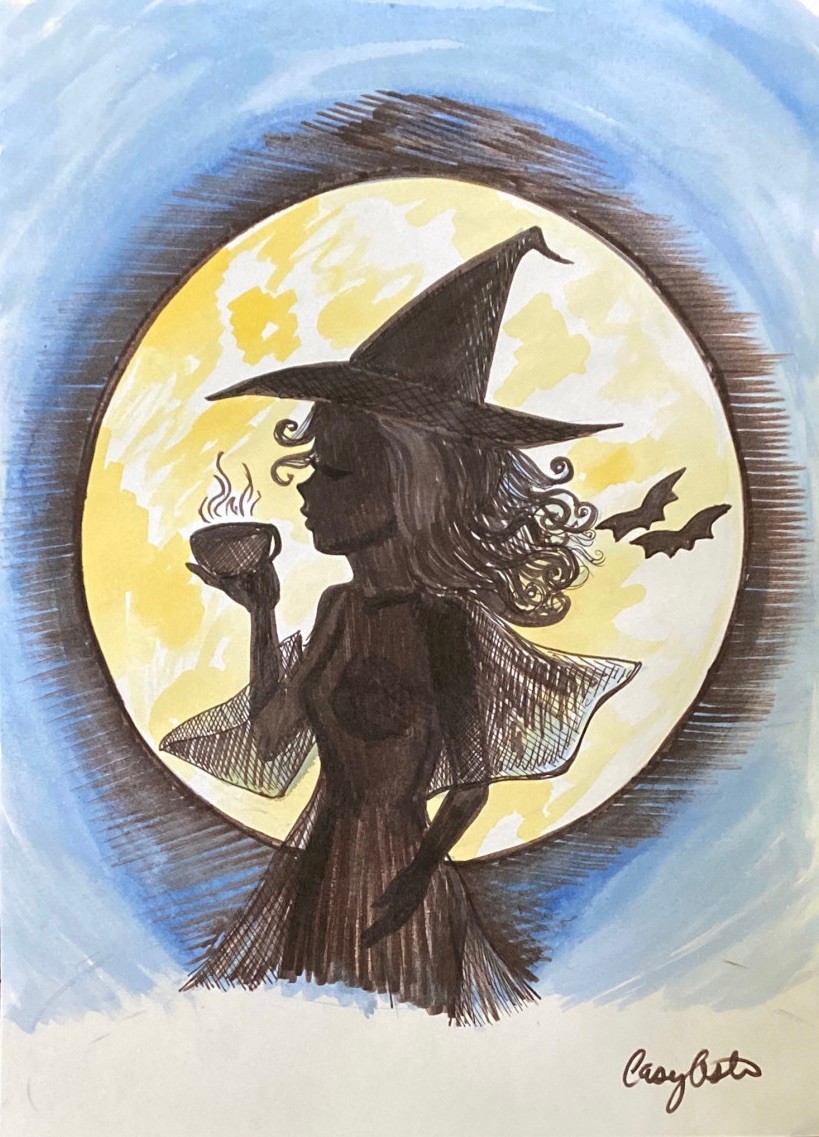
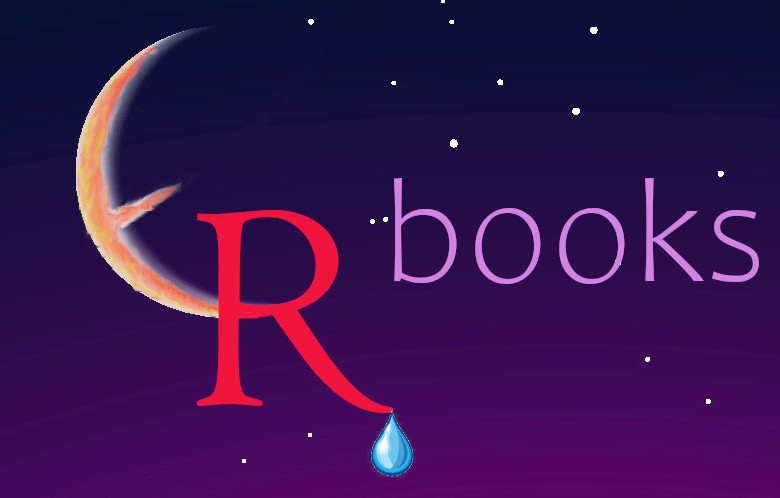
As always, we appreciate you sharing your insights and we’ve got a few more questions for you, but before we get to all of that can you take a minute to introduce yourself and give our readers some of your back background and context?
My name is Eli Rainwater, and I’m a self-published author from Atlanta who lives in Durham. I always loved writing, so after spending five days in the mountains reading nonstop, I decided to take the plunge and actually publish one of the ideas that floated around my head for years.
I have two urban fantasy books out now from a nine book series with three other series in the works. I collaborated with a local candle maker to make a line of candles for my books, and a local artist recreated some of my favorite characters that I used for stickers and prints.
I think what sets me apart is the same thing that sets other authors apart– this is my world that I created, and I love it. I’m invested in the characters. I cry when one of them gets hurt (or worse). Like all authors, especially fantasy writers, this is a story I built from the ground up because I wanted to tell it, and I made it happen. That’s what I’m proud of. Even if I never make it as a bestselling author, I still published a book that’s being sold around the world. Seriously– I almost fell out of my chair when I got the sales report that it’s in a bookstore in Australia.
This has not been the easiest journey, but it’s definitely the most rewarding thing I ever did for myself. I love talking to readers, I love sharing how I came up with concepts and story lines (sometimes I never shut up about it), and I will always feel a thrill when I see my book in the library or at my favorite bookstore. If you like fantasy witch, fae, and cryptid stories, you can find me at local markets or in local shops. I’m pretty active on social media, and I love meeting new readers.
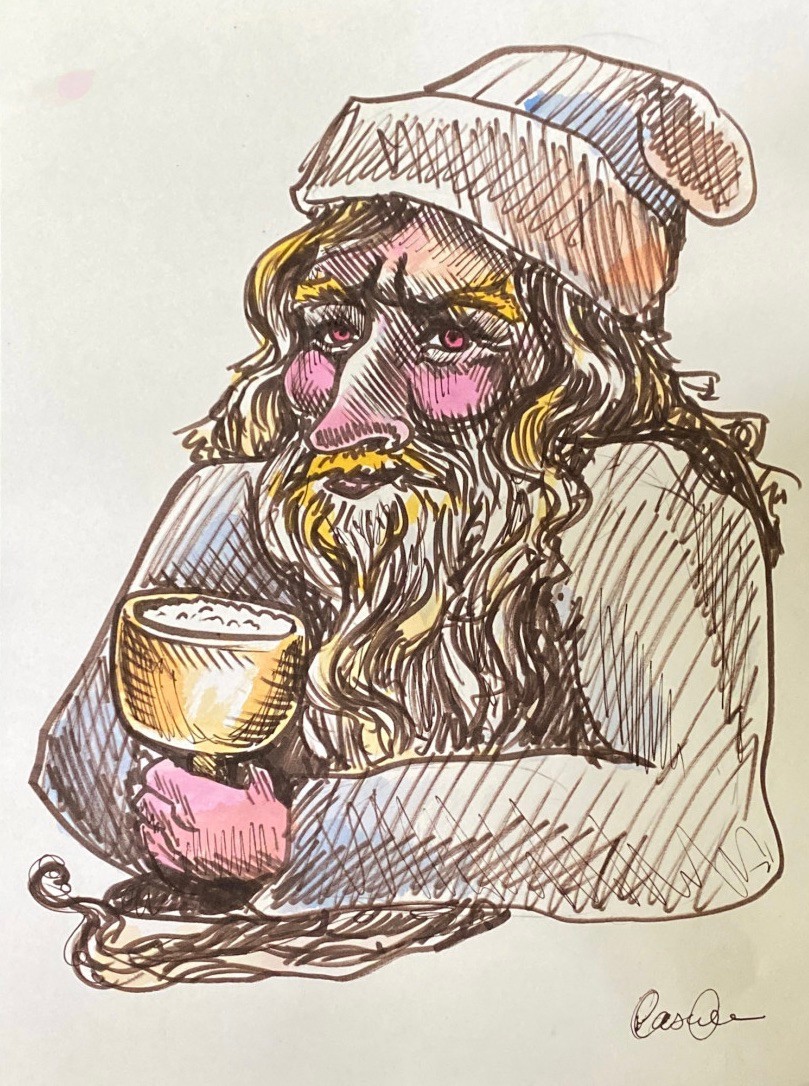
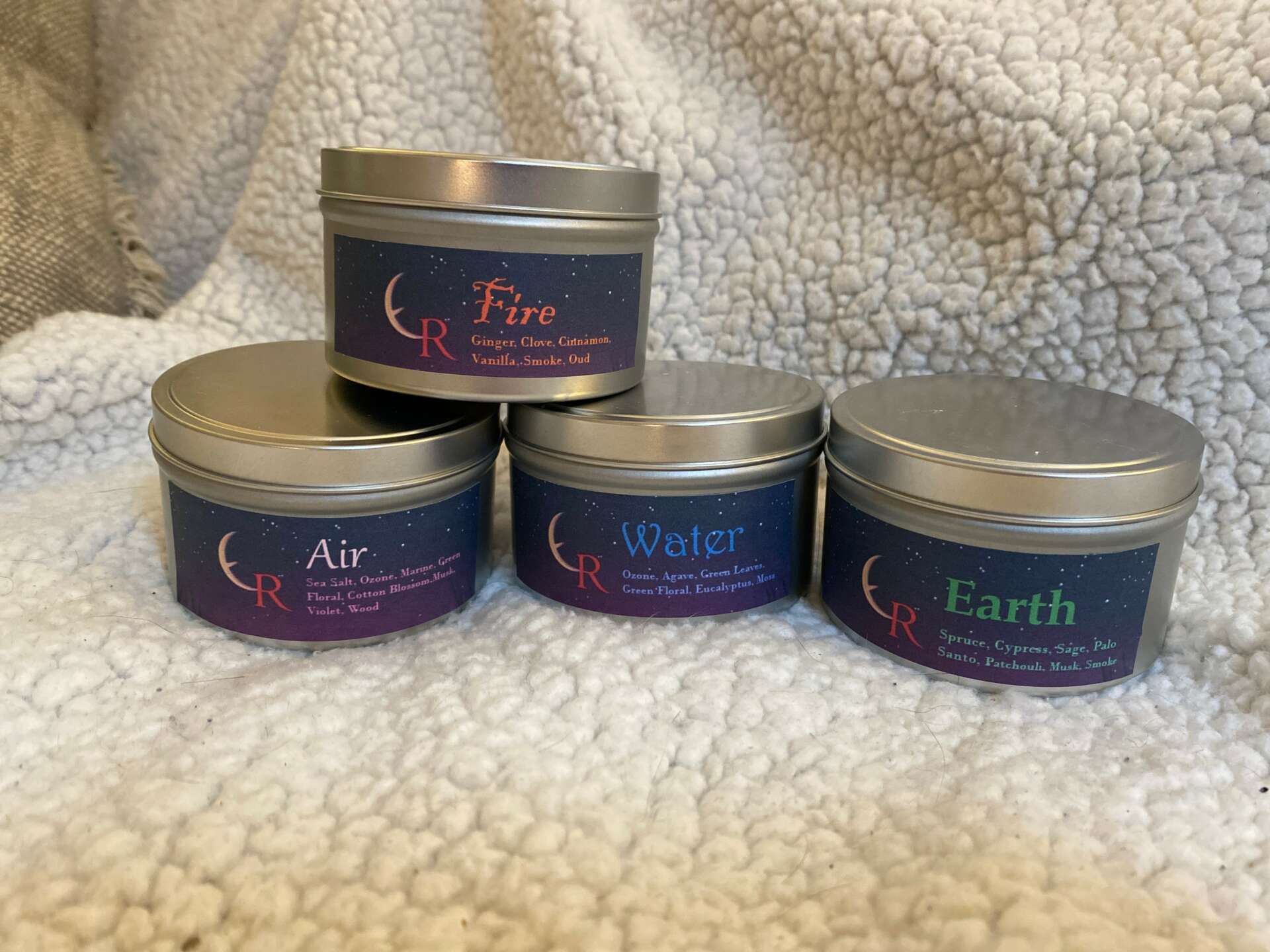
Any resources you can share with us that might be helpful to other creatives?
The watchdog websites out there for new writers. I literally would have saved myself thousands of dollars if I had known how many resources were available that warned against scammers and vanity presses.
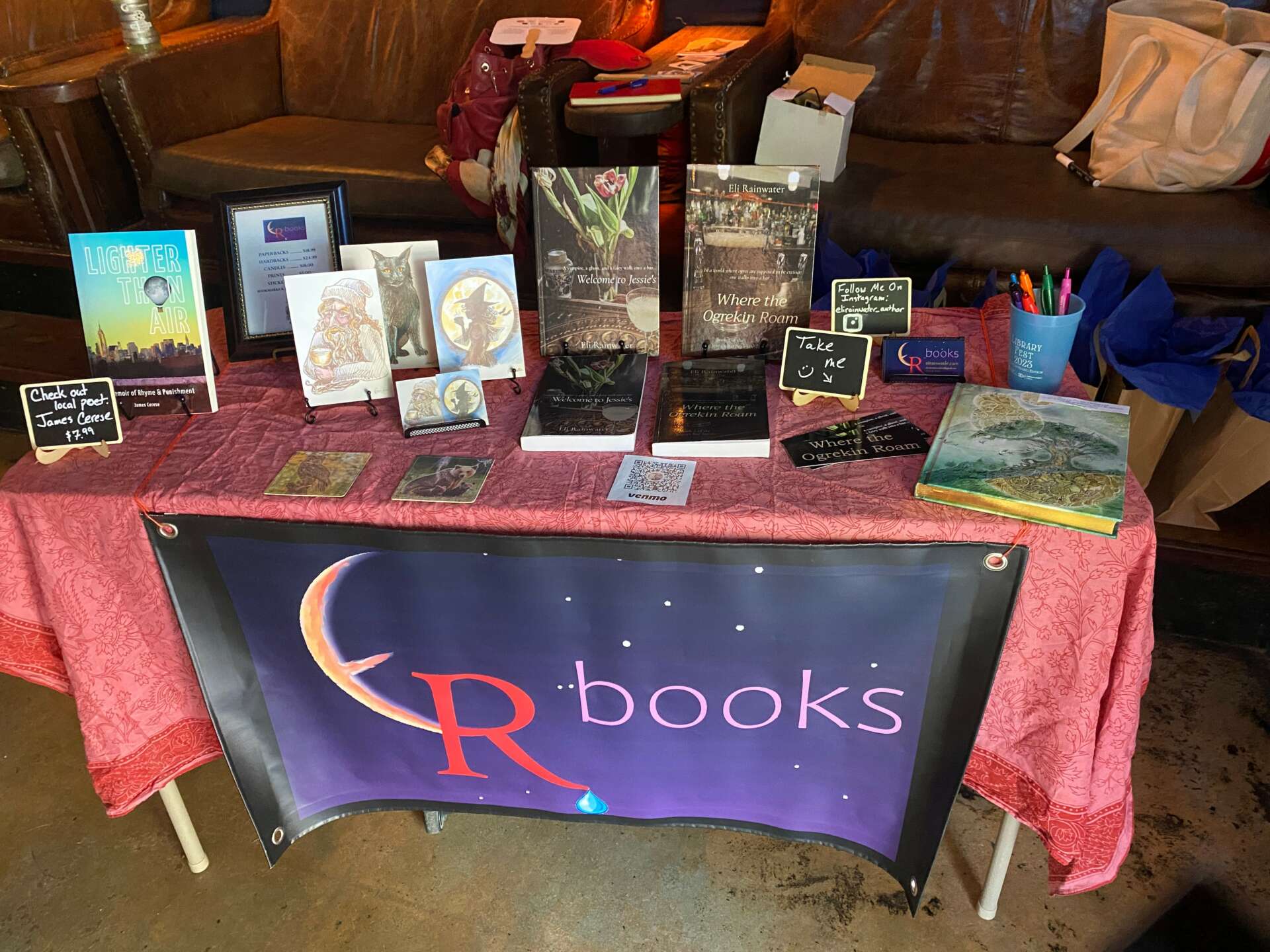
For you, what’s the most rewarding aspect of being a creative?
This is probably cliche, but the most rewarding aspect is seeing my creation come to life. A lot of creatives struggle with imposter syndrome, particularly Gen Xers and Boomers. We were brought up in an era where artists would never amount to anything and creating was not a real job. I’m lucky that my parents never had that mentality, but it was ingrained in me from society as a whole.
The first time I held my printed book, I cried. Then I cried when a librarian friend sent me a picture of it on the shelf and told me there was a wait list for the ebook. I couldn’t believe that I did this thing that was so terrifying and rewarding at the same time.
I still struggle a lot. Every day there’s a little voice that tells me to stop and give up, and every time I finish a chapter, see another sale on my website, or get an updated sales report form the platforms that carry my book, I beat that voice, and that’s a huge reward. Giving my creativity a voice was huge, and I wouldn’t take it back for a million dollars.
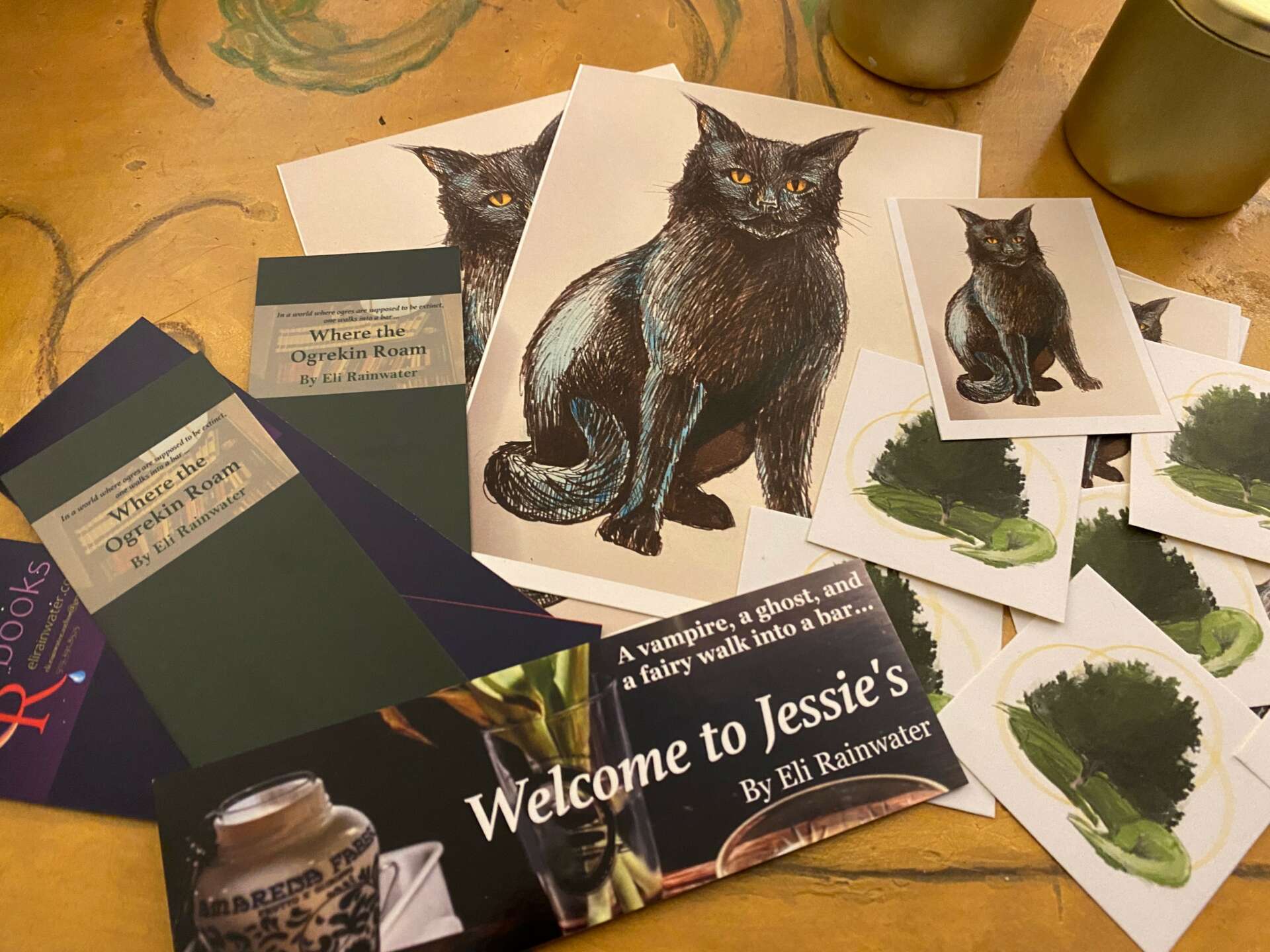
Contact Info:
- Website: https://elirainwater.com
- Instagram: https://www.instagram.com/elirainwater_author/
- Facebook: https://www.facebook.com/elirainwaterauthor
- Linkedin: https://www.linkedin.com/in/eli-rainwater-26337a251/
- Other: https://linktr.ee/eli.rainwater.author
Image Credits
Eli Rainwater


